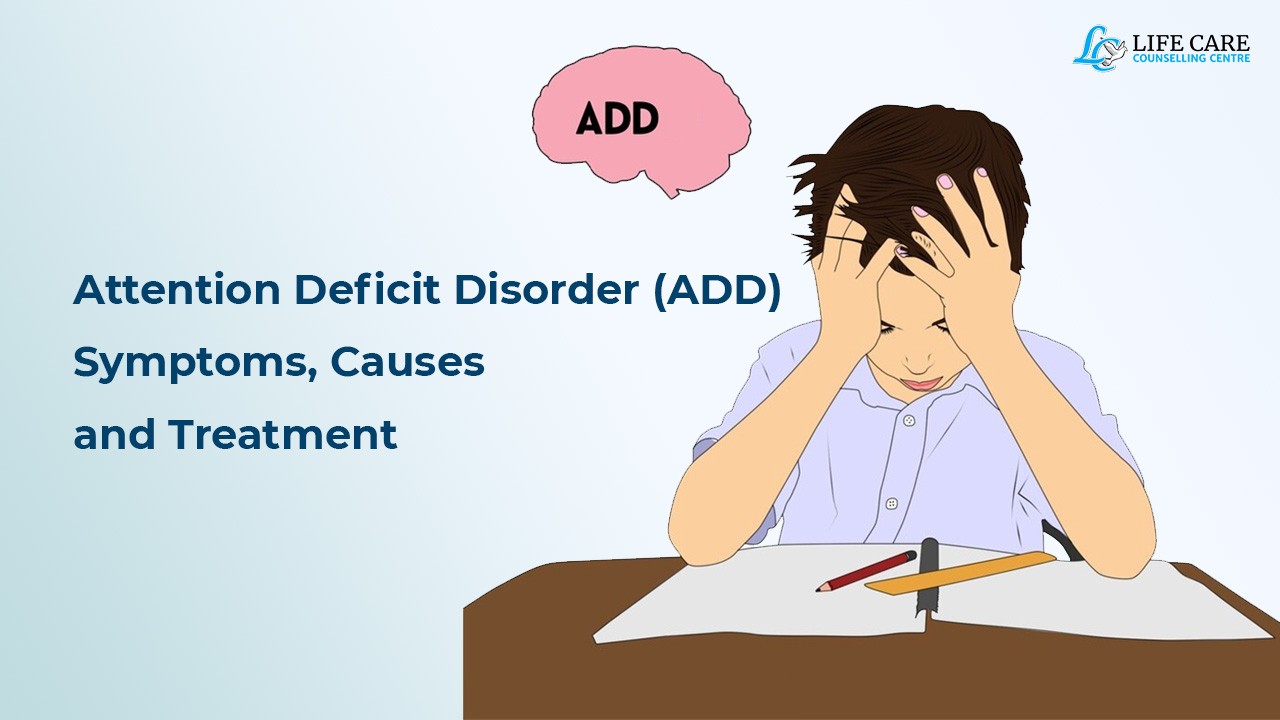What Cause Attention Deficit Disorder
Do you or someone you know struggle with Attention Deficit/Hyperactivity Disorder (ADHD)? This condition is characterized by difficulty paying attention, impulsivity and hyperactivity. It affects both children and adults, and can have a significant impact on daily life.
What is ADHD?

ADHD is a neurodevelopmental disorder that affects the prefrontal cortex of the brain. This area is responsible for executive function, which includes the ability to plan, organize, pay attention, and regulate emotions. People with ADHD have lower dopamine levels, which affects their ability to concentrate and control impulses.
Symptoms of ADHD

There are three main types of ADHD: inattentive, hyperactive-impulsive, and combined. Inattentive ADHD is characterized by difficulty paying attention and following instructions, forgetfulness, and poor time management. Hyperactive-impulsive ADHD is characterized by fidgeting, restlessness, impulsivity, and interrupting others. Combined ADHD includes symptoms of both inattentive and hyperactive-impulsive types.
Causes of ADHD
There is no single cause of ADHD, but studies have shown that genetic and environmental factors contribute to the disorder. Children with a family history of ADHD are more likely to develop it. Other factors that may contribute to ADHD include premature birth, low birth weight, prenatal exposure to alcohol or tobacco, and brain injuries.
Treatments for ADHD
While there is no cure for ADHD, there are treatments available to manage symptoms. These include medication, behavioral therapy, and lifestyle changes. Medications such as stimulants and non-stimulants can improve focus and reduce hyperactivity. Behavioral therapy, including cognitive-behavioral therapy (CBT), can help individuals with ADHD develop coping strategies for managing symptoms. Lifestyle changes, such as exercise, a healthy diet, and adequate sleep, can also help manage ADHD symptoms.
Conclusion
If you or someone you know has ADHD, it's important to seek professional help. Understanding the symptoms and causes of ADHD can help individuals with the disorder manage their symptoms and improve their quality of life. With the right treatment and support, individuals with ADHD can lead fulfilling and successful lives.